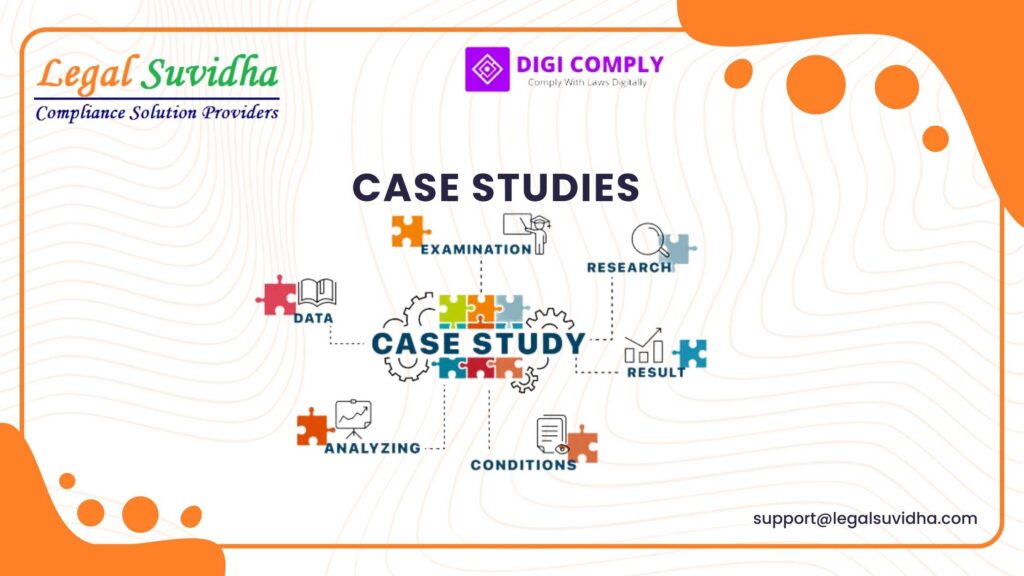Startup Valuation Process for First-Time Entrepreneurs : Case Study: Valuing TechCo
Background
TechCo is a technology startup that has developed a software product for businesses to optimize their supply chain management. The company has completed its beta testing and acquired a small but growing customer base. TechCo has raised initial seed capital and is now preparing for its Series A funding round to scale its product and expand into new markets.
Stage: Early stage (Seed funding, post-beta stage)
Industry: SaaS (Software as a Service)
Revenue: $500,000 (projected annual revenue based on current customers and contracts)
Team: Founding team of 5 with a strong background in technology, but limited business development experience.
Step 1: Assessing TechCo’s Stage of Growth
Since TechCo is an early-stage startup, we need to choose a valuation method that reflects both the company’s early revenue potential and the risk involved. This means that methods like Discounted Cash Flow (DCF) might not be ideal yet because projections for future cash flows are uncertain. TechCo’s main challenge is building momentum and acquiring customers at a larger scale.
Step 2: Choosing the Right Valuation Approach
Method 1: Market-Based Valuation (Comparable Company Analysis)
Scenario: TechCo’s founders want to understand how their company compares to similar startups in the market and how much investors might be willing to pay for their business.
Execution: TechCo looks for other SaaS startups in the same sector with similar customer bases and revenue. They find that other companies with similar characteristics are being valued at around 5x their annual revenue.
Calculation:
TechCo’s projected revenue: $500,000
Comparable multiple: 5x
Valuation = 500,000 * 5 = $2.5 million
Pros:
- This approach gives a market-driven valuation based on comparable transactions.
- It’s relatively easy to apply, especially in a tech-driven industry where multiples are common.
Cons:
- Since TechCo is at an early stage, finding truly comparable companies may be difficult.
- The market conditions can affect the valuation.
Method 2: Revenue Multiple Method
Scenario: Since TechCo has reached a point where it’s generating revenue, the founders want to determine the company’s value based on its ability to generate income.
Execution: TechCo uses the revenue multiple method, which involves applying a multiple based on industry standards for SaaS companies. The SaaS industry typically values companies at 4x to 6x their annual revenue.
Calculation:
TechCo’s projected revenue: $500,000
Revenue multiple: 4x
Valuation = 500,000 * 4 = $2 million
Pros:
- This method is simple and useful for companies with steady revenue streams, like TechCo.
- It also helps show how investors view the business’s revenue potential.
Cons:
- The valuation is based solely on revenue, so it doesn’t account for profitability or other factors like growth potential or intellectual property.
Method 3: Risk-Adjusted Return Method (Venture Capital Method)
Scenario: TechCo is looking for venture capital investment, and the investors will want to calculate the potential return on investment (ROI) based on the company’s high growth prospects.
Execution: The founders estimate that TechCo could be worth $50 million in 5 years if it successfully scales and becomes an industry leader. Investors will expect a 10x return on investment based on the risks associated with the startup.
Calculation:
Projected exit value in 5 years: $50 million
Expected return multiple: 10x
Valuation = 50 million / 10 = $5 million
Pros:
- This method accounts for the high risk of early-stage startups.
- It allows investors to assess the potential return on their investment.
Cons:
- This method is based on speculative projections of future growth and exit value, which can be highly uncertain.
Step 3: Choosing the Final Valuation
After exploring the different methods, TechCo’s founders need to consider which method best aligns with their business stage and investor expectations. Here’s a summary of the three approaches:
- Market-Based Valuation (Comparable Company Analysis): Estimated at $2.5 million
- Revenue Multiple Method: Estimated at $2 million
- Risk-Adjusted Return Method (Venture Capital Method): Estimated at $5 million
At this stage, the Risk-Adjusted Return Method provides the highest valuation, but it’s based on speculative projections. The Revenue Multiple Method and Market-Based Valuation provide more grounded valuations, around $2 million to $2.5 million. Given TechCo’s early stage, the founders decide to go with the Revenue Multiple Method for their first Series A round, as it’s realistic and aligns with market expectations in the SaaS industry.
Step 4: Negotiation and Adjustments
During the fundraising process, TechCo meets with potential investors who conduct their own due diligence. Some investors believe that TechCo’s projections are overly optimistic, while others are more bullish on the startup’s growth prospects. As a result, TechCo’s valuation might adjust slightly based on the negotiation process, risk factors, and the investors’ confidence in the team and product.
Ready to Get Your Startup Valued?
Get expert guidance on determining the right valuation method for your business. Reach out to us for professional advice and a tailored approach to your company’s unique needs.










